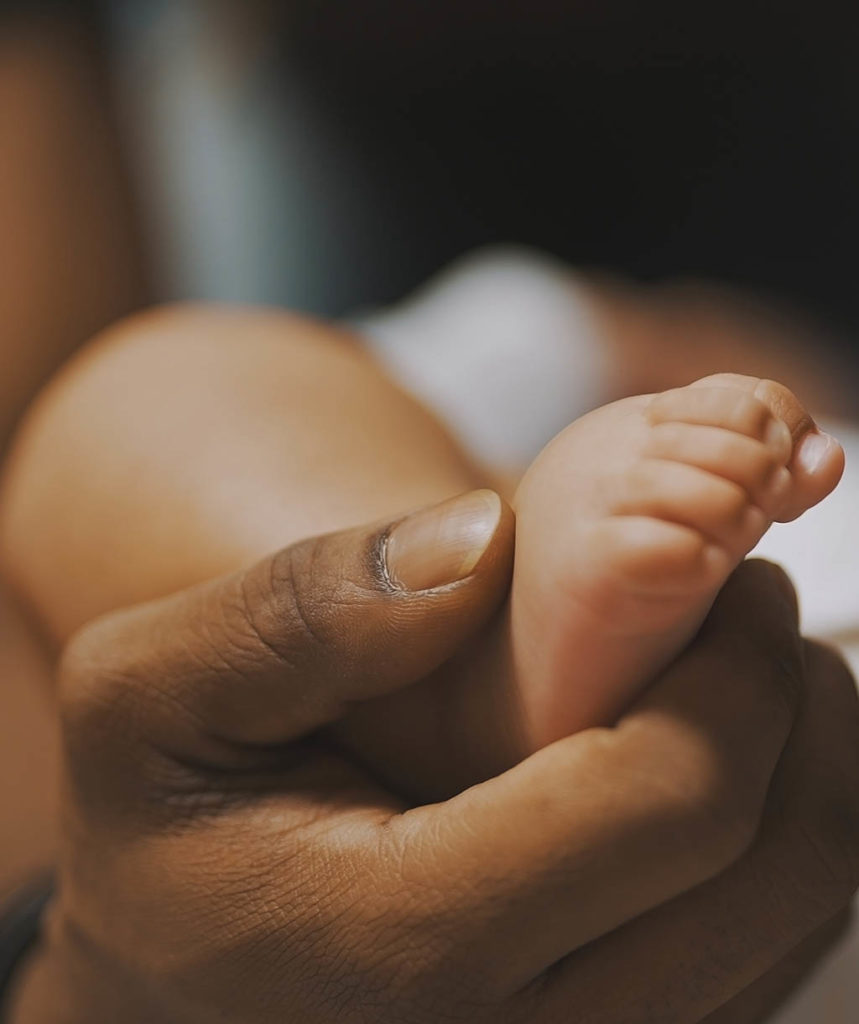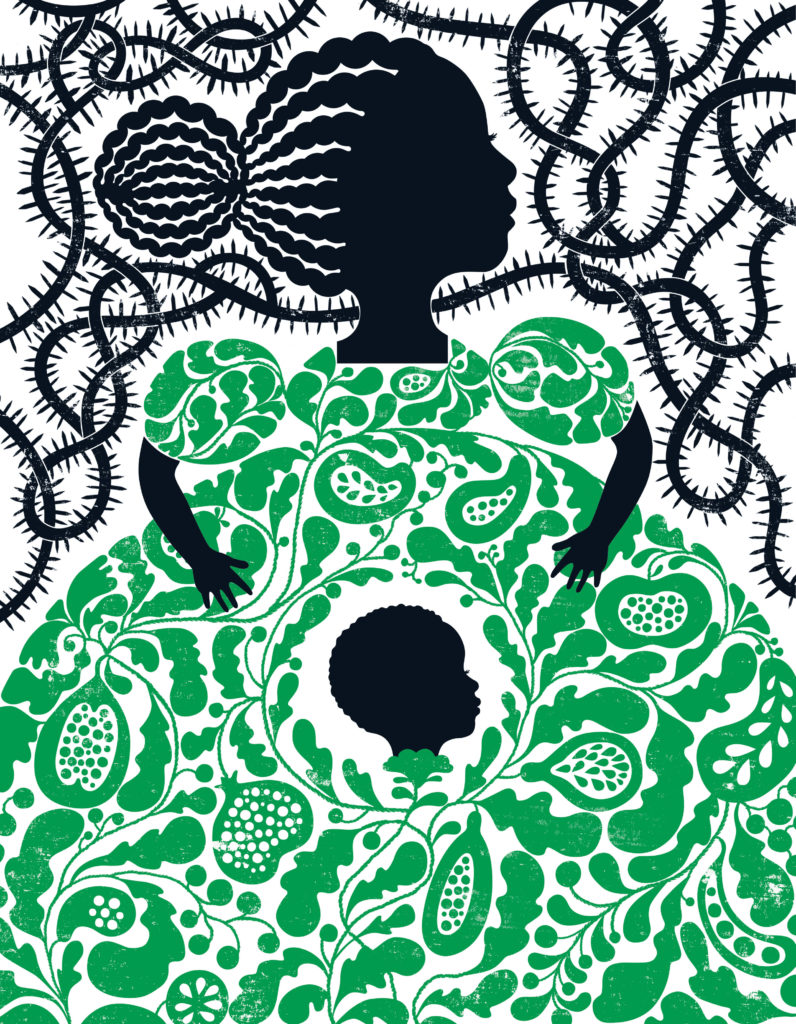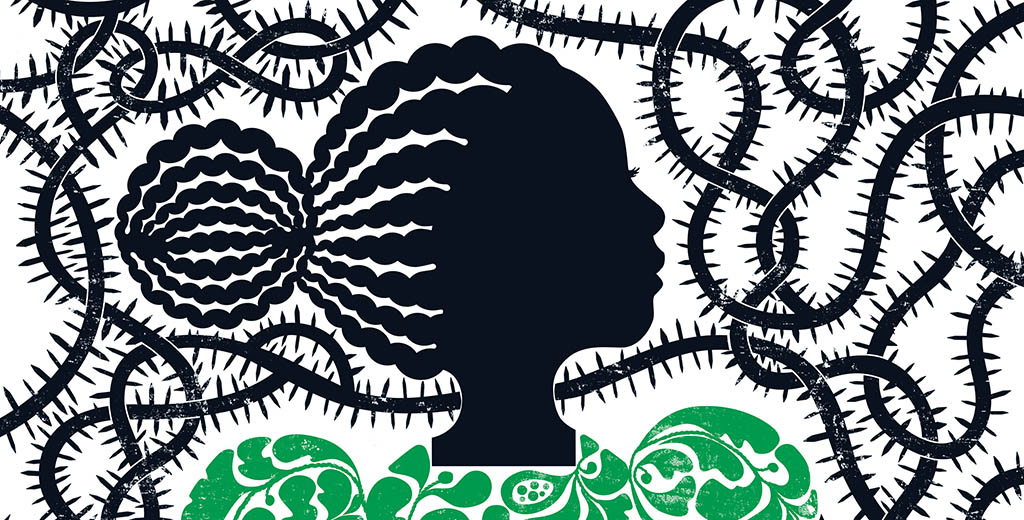The United States has the highest maternal death rate of any wealthy nation, and the proportion of women who experience severe, nonfatal childbirth complications has nearly tripled since 1993.
Threats to women's health during birth are much worse for all groups of nonwhite women in the United States, especially Black women, as I learned when I recently wrote about inequities in birth-related care for Stanford Medicine magazine. Data shows that, in many different ways, the health care system treats women and newborns of different races unequally.

"We all deserve to be able to expect equal treatment when we receive medical care," said Stanford epidemiologist Stephanie Leonard, PhD, whose research -- featured in the article "Childbirth's unequal burden" -- has helped illuminate how pregnant and birthing women are not equally treated.
"When that doesn't happen during birth, it feels like an even greater injustice because these are otherwise healthy women who are anticipating a very happy event in their lives," Leonard said.
The problem of unequal treatment around birth isn't confined to new mothers. As I explained in the story "Infants at risk," Stanford research shows that infants hospitalized in neonatal intensive care units are also vulnerable to unequal care.
"Birth equity is where a whole life starts," said Stanford neonatologist Jochen Profit, MD, who is leading a statewide effort to provide ways for hospitals to address the problem. "Any suboptimal care we deliver can have lifelong ramifications."
Racial injustices around birth have many layers, Stanford's experts told me. Inequities, for example, are perpetuated by:
- Faulty assumptions about why women experience complications during birth;
- Failures to equally deliver evidence-based medical care to everyone;
- A lack of flexibility in medical systems -- which could make it difficult for parents working multiple jobs to communicate with their baby's doctors in the NICU;
- Failing to hear and learn from the patients and families who have lived with racism for their whole lives.
Stanford scientists are collaborating with experts around California to tackle these problems. Leonard and obstetrician Elliott Main, MD, for instance, have been using statewide data to test a common theory about why severe maternal morbidity -- the technical name for serious birth complications -- is on the rise.

People have assumed that one reason is that women are in worse health when they get pregnant than they were in the past, with more obesity and diabetes across the population of pregnant women.
My story explains what Leonard and Main found when they tested this hypothesis in a 2019 study published in BMC Pregnancy and Childbirth: Severe maternal morbidity rose much faster than the individual-level health markers. Similarly, the pre-pregnancy health and socioeconomic factors of individual women can't explain the inequality between racial groups.
"The value of big data is that we could say, 'OK, what if we look at college-educated Black women vs. college-educated white women and adjust for their age and body mass index?'" Main said.
In this comparison, the risk of severe maternal morbidity was still twice as high in Black women. "What's even more shocking is that it was two times higher than in white women who didn't graduate from high school," said Main.
Knowing the gritty details -- including that a higher level of education doesn't protect a woman from harm caused by racial biases in medical care -- is the first step toward changing faulty assumptions and stopping tragic birth outcomes effectively for all groups, the researchers said.
"I don't think the majority of these events were destined to have happened," said Leonard. "Most of them are preventable."
Top image by Melinda Beck




